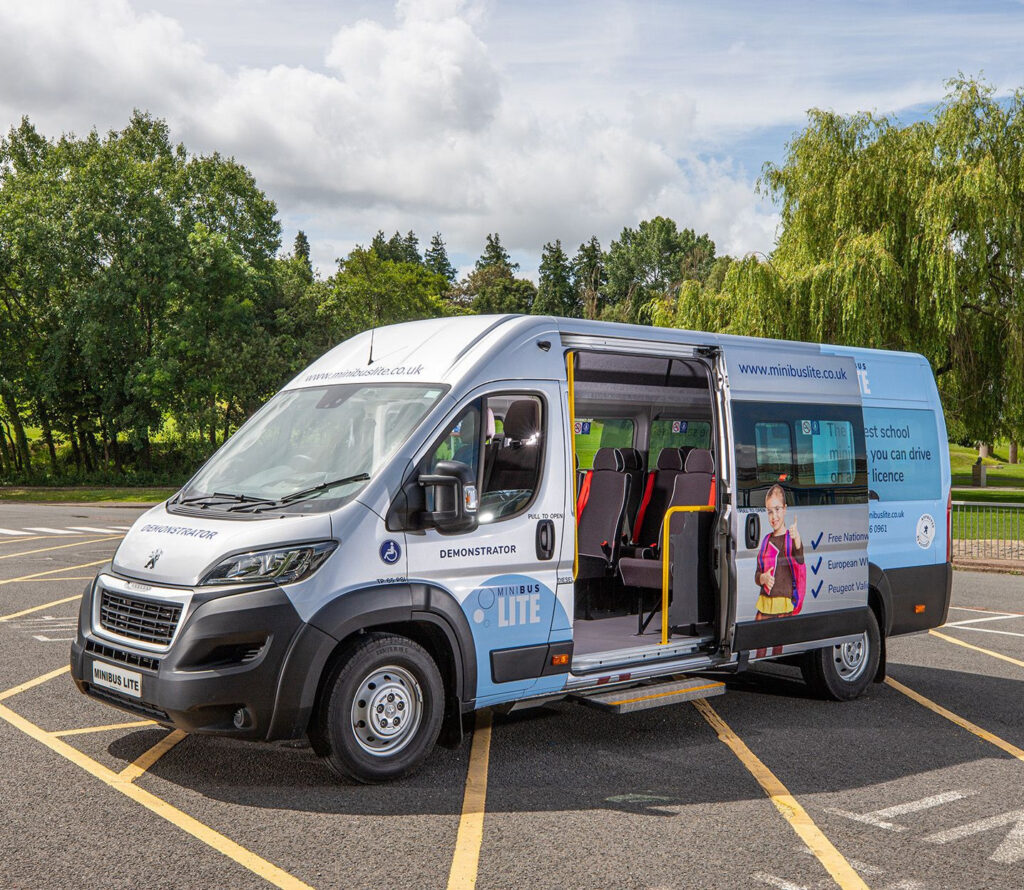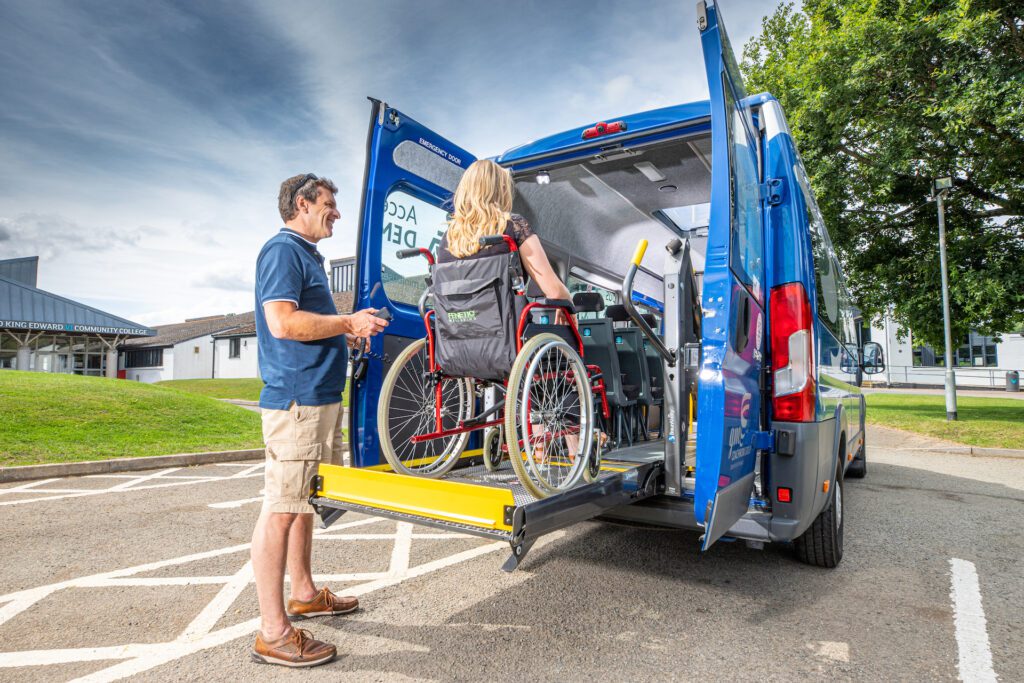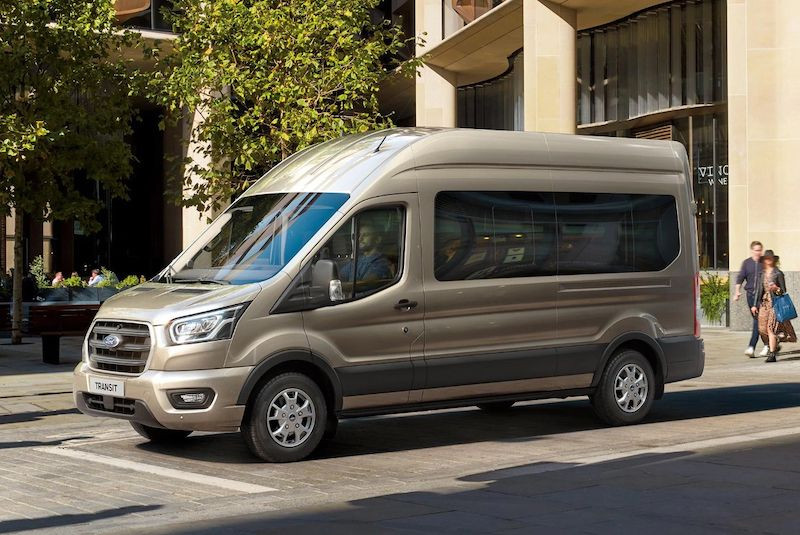
When it comes to upgrading or expanding your school’s transport options, the decision to buy or lease a minibus is a key one. Both routes have merit, but the best choice depends on your budget, staffing, compliance needs and long-term plans.
Let’s break down the pros and cons, and explore what real schools we work with have chosen and why. We’ll also explain our leasing options too, so you get the full picture.
Be sure to also check out our guide to funding options for school transport, including grants, leasing & budget tips.
Buy or Lease a School Minibus: What’s the Best Option in the UK?
Leasing is increasingly popular among UK schools, particularly for those who want predictable costs, minimal admin, and peace of mind around compliance and maintenance. Buying, on the other hand, may suit schools with more stable budgets or those looking to own an asset long-term.
Common use cases for leasing include:
- Replacing an ageing vehicle without a large one-off spend
- Avoiding the need to manage servicing and MOTs internally
- Simplifying licensing and weight compliance
Buying may appeal to schools with more specific vehicle or access needs that aren’t as easily met by standard lease models.

Initial Costs and Budgeting Considerations
The most immediate difference is cost.
Buying a minibus outright requires a substantial upfront investment. Even second-hand vehicles typically cost between £20,000 and £35,000, and that’s before factoring in maintenance or insurance.
Leasing, by contrast, offers a fixed monthly fee that can be planned into the school’s regular operating costs. VAT is reclaimable for many some, and some providers (like GM Coachwork) allow schools to choose between operating and finance leases, depending on their funding model.
For schools that need certainty over costs (especially during tighter funding cycles), leasing can be the more manageable option.
Maintenance, Servicing and Hidden Costs
When a school buys its own vehicle, you also take on responsibility for MOTs, servicing, tyre replacements, and any mechanical issues that may arise over time. These costs are unpredictable and can stretch already limited budgets, especially if a breakdown affects school transport availability.
Leasing plans often include comprehensive maintenance packages, covering:
- Servicing and safety checks
- Breakdown assistance
- Tyres and wear-and-tear items
- MOTs and DVSA compliance checks
This not only cuts down on admin, but ensures the vehicle remains safe, roadworthy and compliant at all times. It’s particularly useful for schools without an on-site facilities team or designated transport lead, which is the case for many of the schools we work with.
Long-term Value and Flexibility
A minibus bought outright will depreciate in value year-on-year. Depending on usage, mileage, and condition, it may have a much smaller resale value after five to seven years.
Schools then face the challenge of replacing it, often from scratch.
Leasing avoids this problem entirely. Most lease terms are five years, after which schools can:
- Return the vehicle
- Renew with a newer model
- Buy the vehicle outright at a reduced cost
This rolling flexibility makes it easier to upgrade to a newer, more efficient model, or to adjust to changes in staffing, pupil numbers, or accessibility requirements. It’s a future-proof approach, without needing to commit long-term funds.
Compliance, Licensing and Insurance Implications
Keeping a school minibus compliant with UK legal requirements can be an unexpected burden, particularly with weight limits, Section 19 permits, and ever-changing guidance around licence categories.
Leasing through a specialist like GM Coachwork takes a lot of the hassle out of staying compliant. Our vehicles are built to meet legal weight limits, and you can choose models that your staff are actually allowed to drive, like ones that don’t require a D1 licence.
We’ll also help with Section 19 paperwork, which means you don’t need to fret about whether you’re ticking all the right boxes for legal, non-commercial use. Some schools we work with have found this process tricky to handle alone, so having that support built-in can make a real difference.

GM’s Flexible Minibus Leasing for Schools
We offer school-specific leasing plans that reflect the real-world challenges schools like yours can face. Their standard five-year lease includes:
- Full vehicle maintenance and servicing
- MOTs, safety checks and breakdown cover
- Section 19 permit support
- Optional handover training for staff
- A buy-back or return option at lease end
We also offer Minibus Lite as a leasing option; our signature lightweight, 17-seat model that teachers and staff can drive with just a regular driving license. This makes it ideal for schools with younger staff or a limited driver pool.
Find out more about minibus leasing or contact us today.
Buy vs Lease: A Quick Comparison Table
Check out our at-a-glance comparison table to help you decide which route is right for your school.
| Buying | Leasing | |
| Upfront Cost | High financial outlay | Low or no upfront payment |
| Budgeting Predictability | Variable costs over time | Fixed monthly payments |
| Maintenance Responsibility | School-managed | Often included in lease |
| Vehicle Depreciation | School bears full depreciation | Lease provider takes on depreciation |
| Compliance Support | School must handle permits, inspections | Provider typically assists |
| Upgrade Flexibility | Replacement required at full cost | Option to upgrade at lease end |
Customer Story: Why One Forfar Academy Chose to Lease
Forfar Academy in Scotland needed to update their school minibus fleet, but many of their younger staff didn’t hold the D1 licence required to drive full-size models.
By leasing a Minibus Lite from GM Coachwork, the school had 16 teachers and support staff to drive the new vehicle legally, using their regular B licences. This avoided thousands of pounds in training and licence upgrade costs, and gave them the flexibility to manage trips without relying on external drivers.
Staff also praised the vehicle’s wheelchair accessibility, noting how easy it was to remove seats and use the ramp system, even without prior experience. Read the full case study here.

FAQs
Check out some of the most common questions we hear from customers considering a lease. Still curious? Get in touch with our helpful team of experts.
Is it better to buy or lease a school minibus?
It really depends on your budget and resources. Leasing offers predictable monthly costs and lower admin, while buying may suit schools with capital funding and in-house maintenance capabilities.
How much does it cost on average to lease a school minibus in the UK?
Monthly lease costs typically range from £400 to £600 per month, depending on vehicle type, lease length, and what’s included in the package.
Can schools lease a minibus under a Section 19 permit?
Yes. Trusted leasing providers like GM Coachwork offer Section 19 support to ensure legal compliance for non-commercial school transport.
What’s included in a school minibus lease?
Most minibus leases include servicing, MOTs, breakdown cover, and compliance checks. Optional extras like insurance and training can also be added.
Can I buy the minibus at the end of a lease?
Some lease agreements include a purchase option at the end of the term, allowing schools to retain the vehicle if it still meets their needs.
For more info about leasing a school minibus, check out our leasing options.
